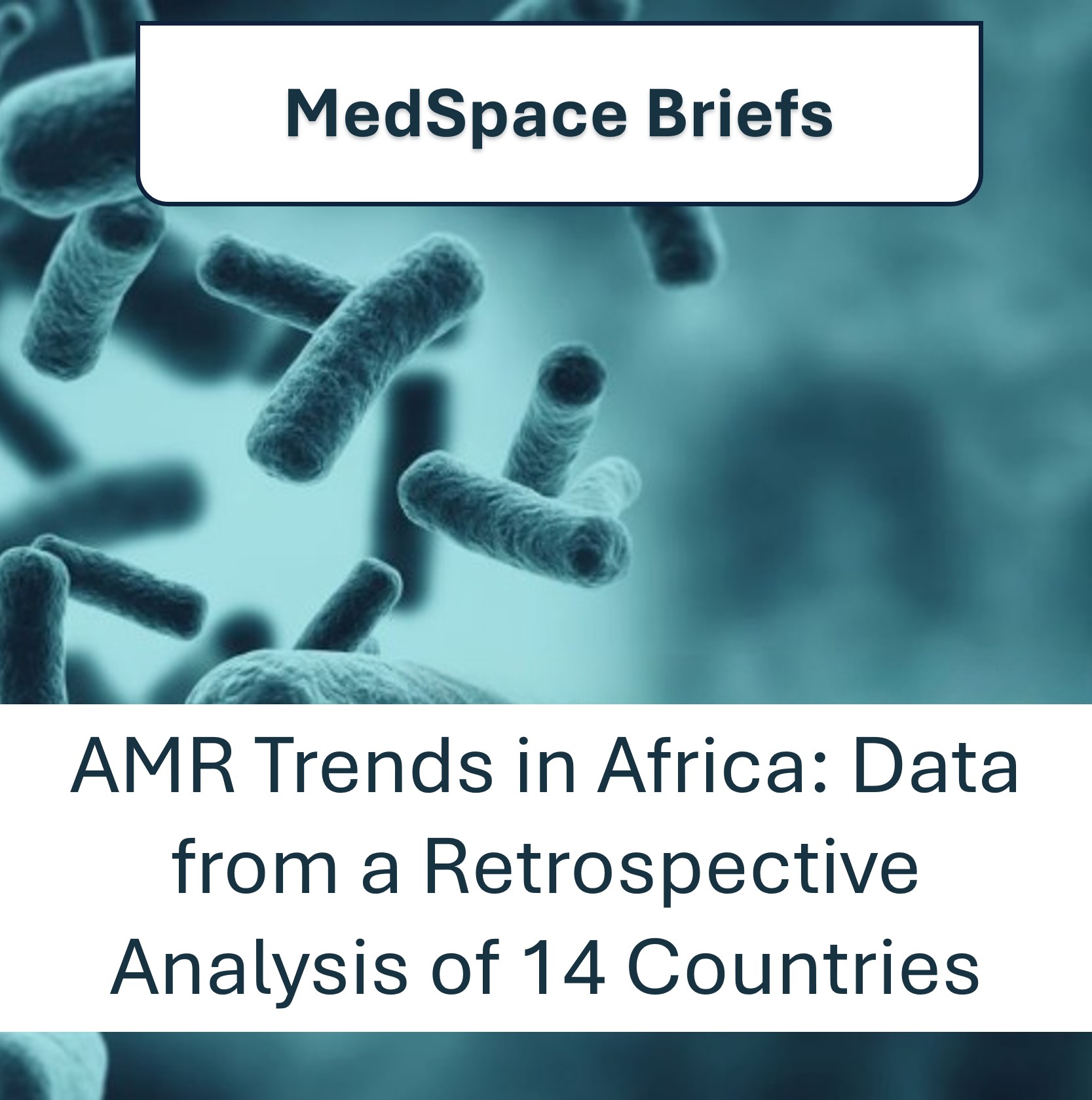Description
A 2025 study in PLOS Medicine analyzed AMR data from 205 labs across 14 African countries (2016–2019), offering the most comprehensive regional snapshot to date. The findings reveal wide variation in resistance rates, with higher AMR linked to older age, male sex, and hospitalization.
Key limitations such as inconsistent testing and limited clinical data underscore the urgent need for stronger lab capacity and surveillance to address the AMR threat in Africa.
To read the full article, click here

